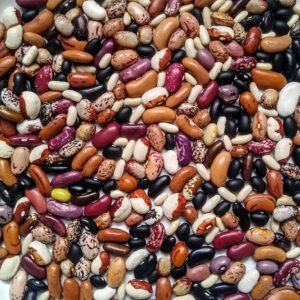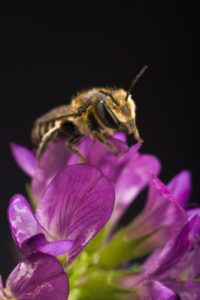
 In the aftermath of the U.S. Department of Agriculture’s recent decision to deregulate both genetically engineered (GE) alfalfa and sugar beets, organic seed advocates continue to ask: “What can I do?” We have some ideas, as well as talking points to share with colleagues and friends:
In the aftermath of the U.S. Department of Agriculture’s recent decision to deregulate both genetically engineered (GE) alfalfa and sugar beets, organic seed advocates continue to ask: “What can I do?” We have some ideas, as well as talking points to share with colleagues and friends:
Ten Ways to Respond to USDA’s GE Alfalfa and Sugar Beet Decisions
Five Reasons Why GE Sugar Beets Threaten Organic
Twelve Reasons Why GE Alfalfa Threatens Organic
As we react to these decisions with disapproval, we must simultaneously elevate the benefits of organic seed systems in our dialogue: advocating for systems that build soil health, enhance flavor and nutrition of food, protect biological diversity, are resilient in the face of climate change, and honor farmers’ roles and rights.
And remember that seed sovereignty can begin in your backyard.
